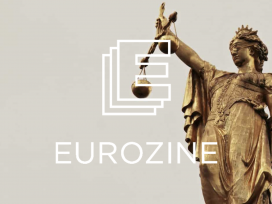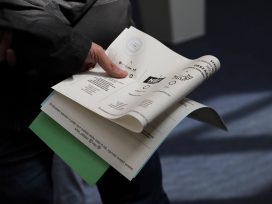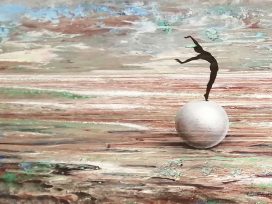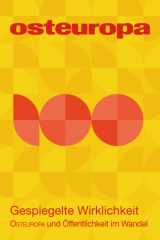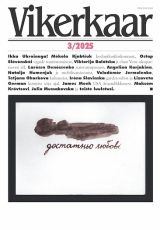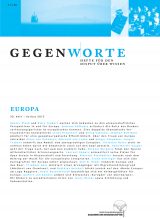Eurozine Editorial
Unsigned articles (News Items, Editorials, Introductions etc) are written by the Eurozine editors. See the about us section for more information.
Articles

Eurozine welcomes its newest partner, Gwara Media, to the network with an article written on residency by the Ukrainian organisation’s editor-in-chief. Is media fatigue an inevitable fallout of war? Or can new angles be found that still reach tired audiences? What can history and reflection teach us about war reporting?

Unity is precious – good neighbours know this – but not if it undermines personal distinctions. When faced with autocracy, those defending diversity have plenty to address: post-colonial Russia, the heroization of wartime trauma, the return of Empire. And those fleeing war zones, scattered throughout Europe, are forced into finding collectivity within a growing diaspora.

Contracting COVID-19 in the UK over Christmas was far from joyous. While politicians, favouring business over health, were betting on Omicron’s mild symptoms leading to few hospitalizations, especially for the vaccinated, the isolated and sick were negotiating a procedural nightmare of defunct privatized healthcare provision.

It’s your choice
Readers’ favourites in 2021
Black Europeans, faulty vaccines, dying seas and politics in football: here are the Top10 articles from Eurozine in the second pandemic year.

The crisis has caught up with us, and now we’re asking our readers to invest in Eurozine to help us get through an exceptionally lean year in 2022. Eurozine has been offering outstanding content for free for over 20 years. Your support is crucial to maintaining this work and we are offering exclusive articles, recordings, events and merch to our patrons.
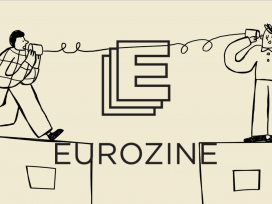
The obvious answers nobody wants
Endemic: focal point editorial
New COVID-19 variants keep the international public anxious, and this crisis, permeating all social, economic and political spheres, isn’t even in full bloom yet. Although impossible to contain, it also highlights many potential solutions, which had been lying around for a long time without the political will to act upon them. In gearing up for the much bigger turmoil of an ecological nature, we need to stop concentrating on global centres of power, and give more credit to young motivated people.
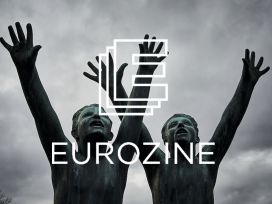
Since the COVID-19 pandemic hit, learning and teaching have come under additional strain both at school and in the home, exacerbating existing weaknesses in the system. How to move forward – to diminish rather than increase inequality, to question the labour market’s hold over education and to uphold academic freedom — is critical for students, parents, teachers and society as a whole.


